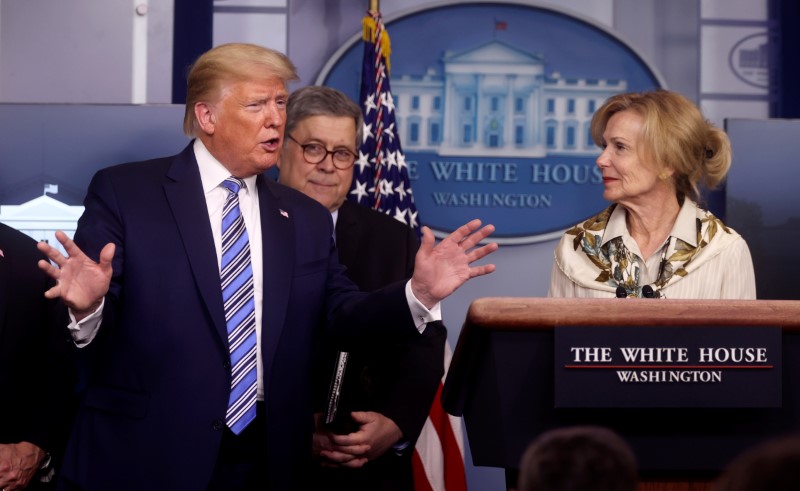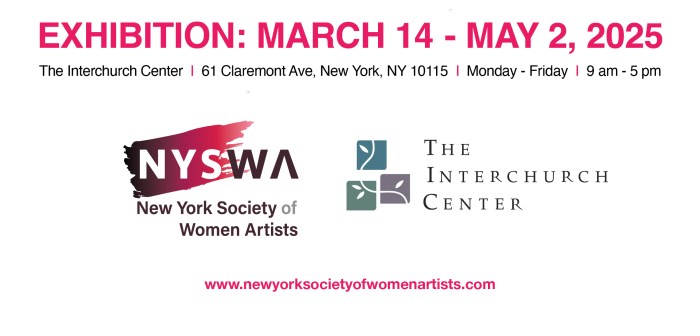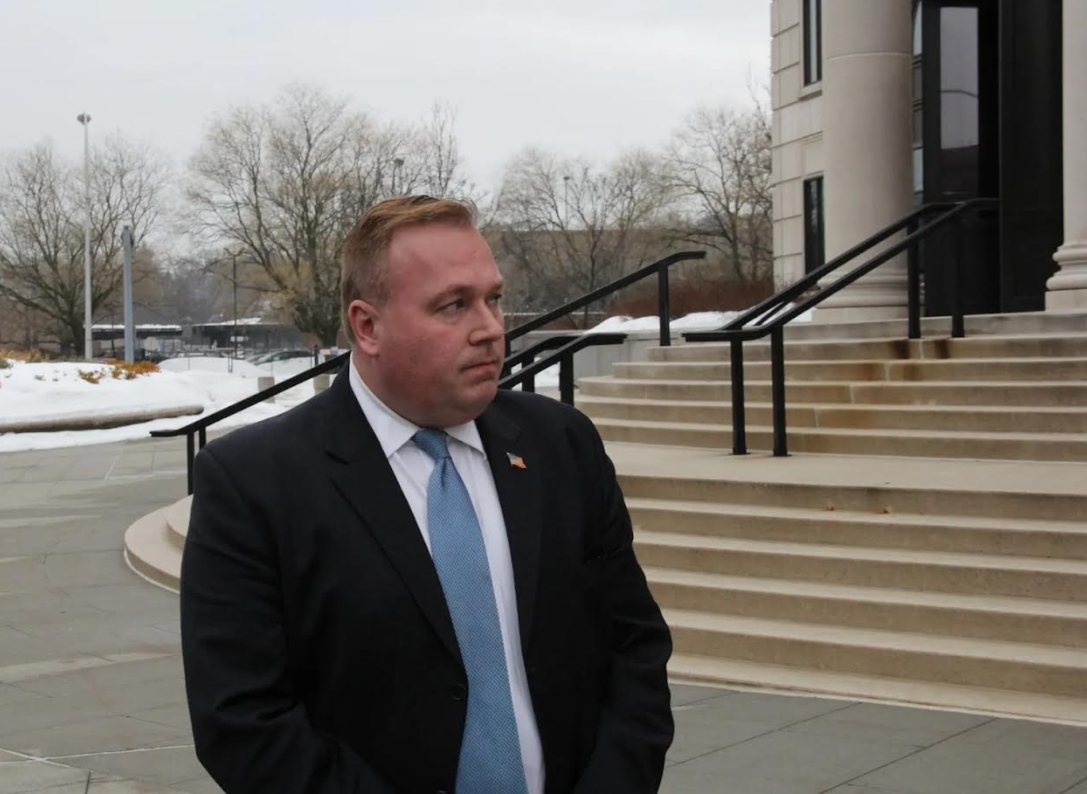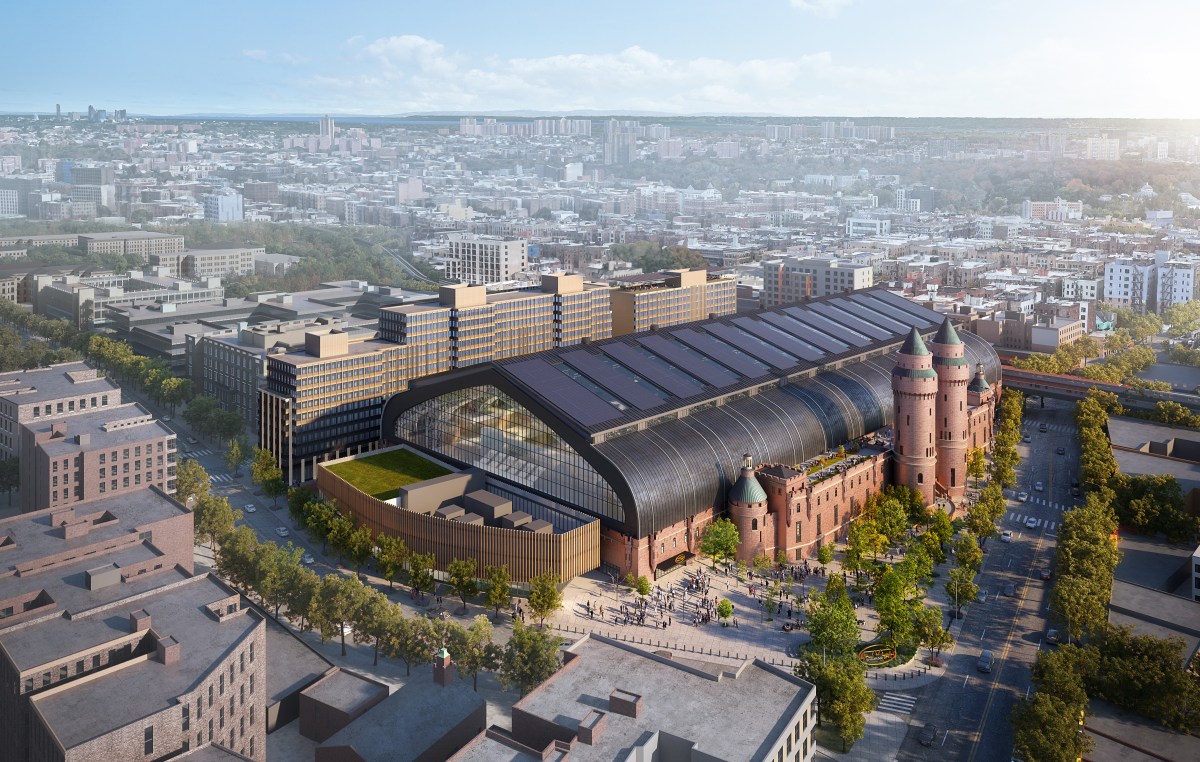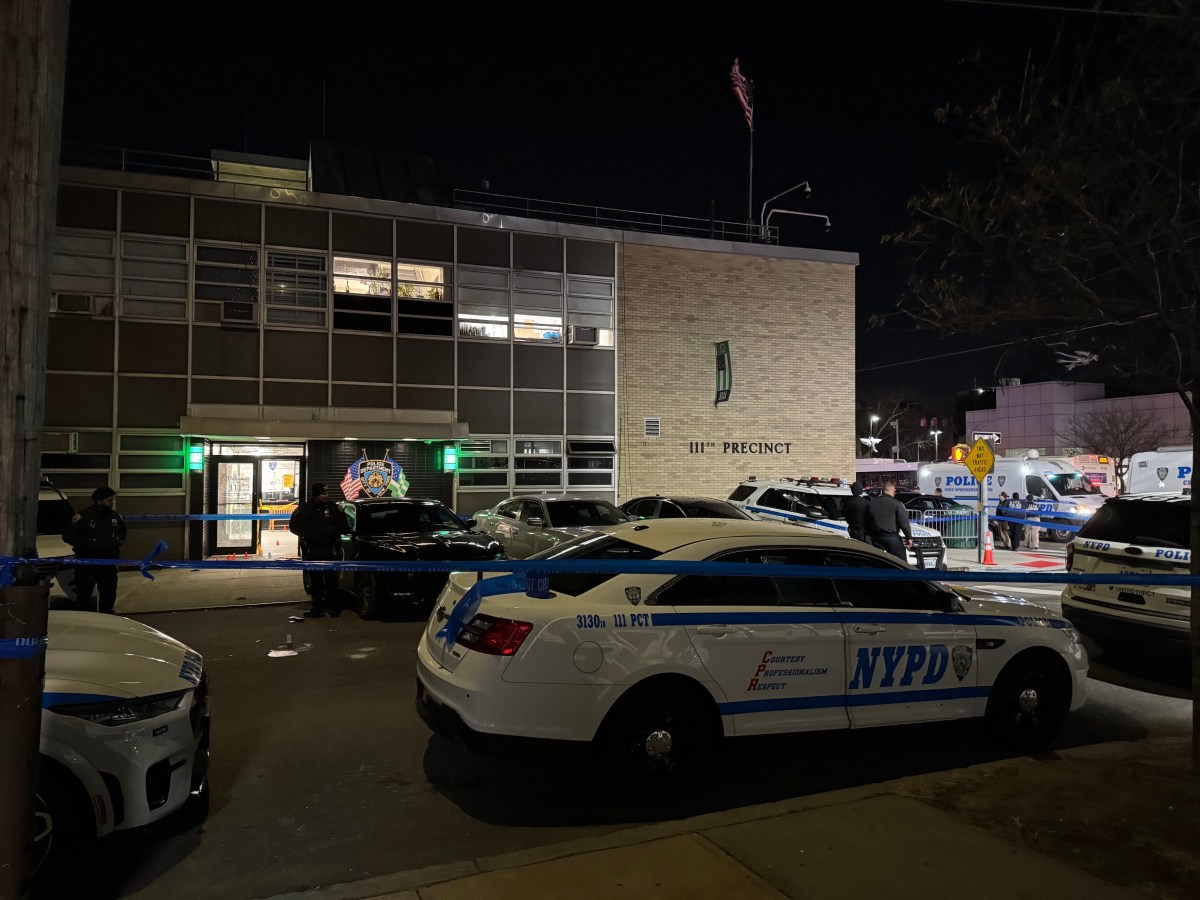BY SUSAN HEAVEY
U.S. President Donald Trump on Tuesday acknowledged the difficulty of procuring crucial healthcare supplies amid the coronavirus pandemic as state and local officials raised alarms, but stood by his decision not to invoke federal powers to boost manufacturing.
Healthcare workers and local officials have warned that the U.S. healthcare delivery system could collapse as the rapid spread of the contagious virus raises the possibility of an inadequate number of intensive care beds and equipment to treat severely ill patients.
More than 42,000 people in the United States have contracted COVID-19, the respiratory illness caused by the virus, and at least 559 have died. The World Health Organization on Tuesday warned the country could become the global epicenter of the coronavirus outbreak, citing a “very large acceleration” in infections.
Some state and local officials have decried a lack of coordinated federal action amid the swiftly spreading disease, saying localities acting alone puts them in competition for supplies against other states and municipalities, the U.S. government and even other countries.
They have urged Trump to leverage the Defense Production Act, which would allow the U.S. government to speed up manufacturing. While the Republican president has signed the measure, he has said it would nationalize U.S. businesses and should only be triggered if needed.
In a tweet on Tuesday, Trump said he has not had to use the Act “because no one has said NO!”
Some companies have voluntarily said they would switch gears. On Tuesday, Ford Motor Co <F.N> said it was working with General Electric’s <GE.N> healthcare unit and 3M Co <MMM.N> to speed up production of ventilators and respirators.
Trump promised more supplies but also noted in a tweet: “The World market for face masks and ventilators is Crazy. We are helping the states to get equipment, but it is not easy.”
In New York, the epicenter of the U.S. outbreak, officials have appealed for ventilators, masks and other medical equipment as the number of coronavirus cases spiraled and critical items were in short supply. Officials in California, another hot spot, called for 50,000 additional hospital beds.
Trump on Tuesday said federal officials had procured 400 ventilators for New York City and pointed to four temporary hospitals being arranged in the state.
New York City Mayor Bill de Blasio, in a Fox News interview, said he had spoken to Trump and appreciated the president’s efforts. His office said the ventilators had arrived on Monday.
Congress is grappling with a far-reaching economic stabilization package for the coronavirus crisis that could include more money for hospitals and equipment, among other needs. Democrats and Republicans have so far failed to reach an agreement, but the U.S. Treasury secretary and the Senate Democratic leader late on Monday expressed optimism a deal could be reached soon. [nL1N2BH0HC]
Meanwhile, a growing number of states have strengthened their social distancing directives even as Trump mulls reopening the U.S. economy when a 15-day shutdown ends next week, something health experts and investors warn could have dire effects if done too soon.
Dr. Deborah Birx, the White House coronavirus coordinator, in television interviews on Tuesday urged Americans to keep isolating themselves and washing their hands.
“What the president is doing is looking for the future … not looking to change what we’re doing now,” she told NBC News.



